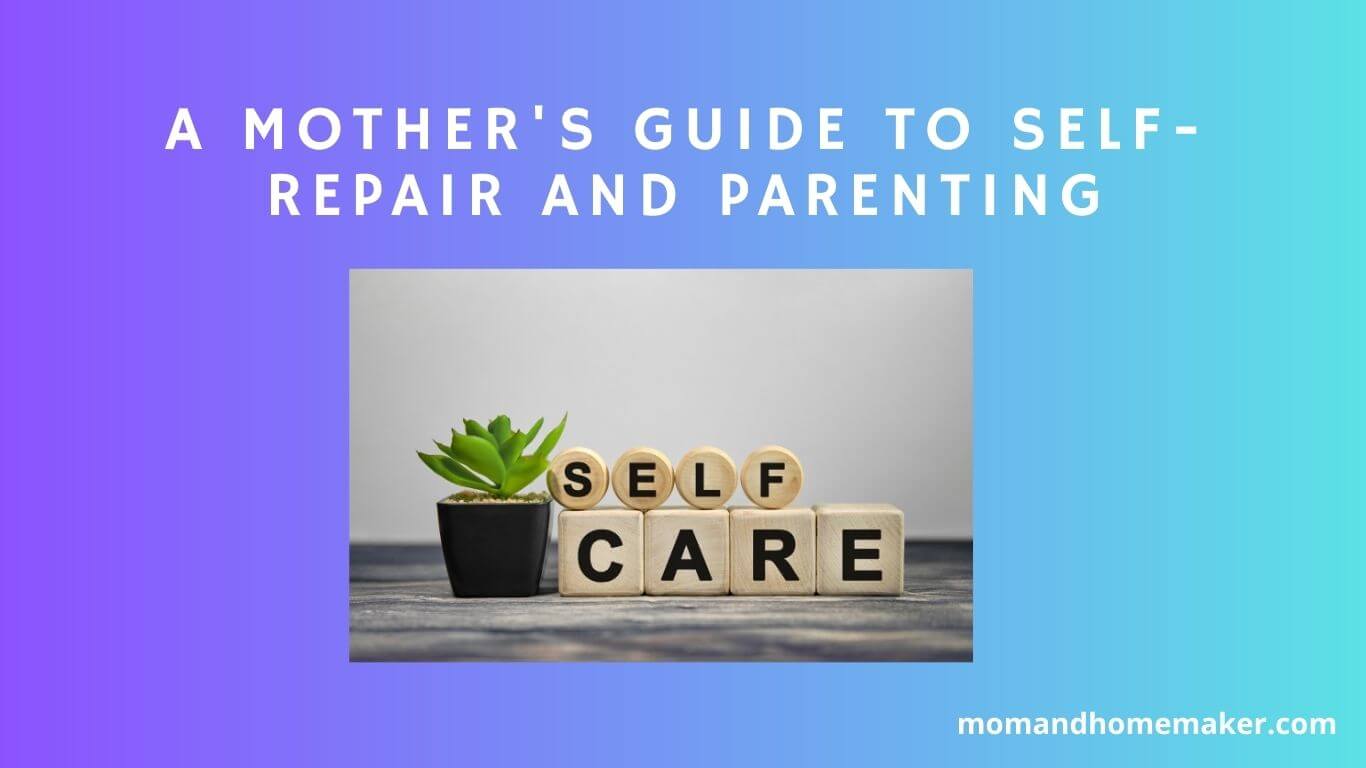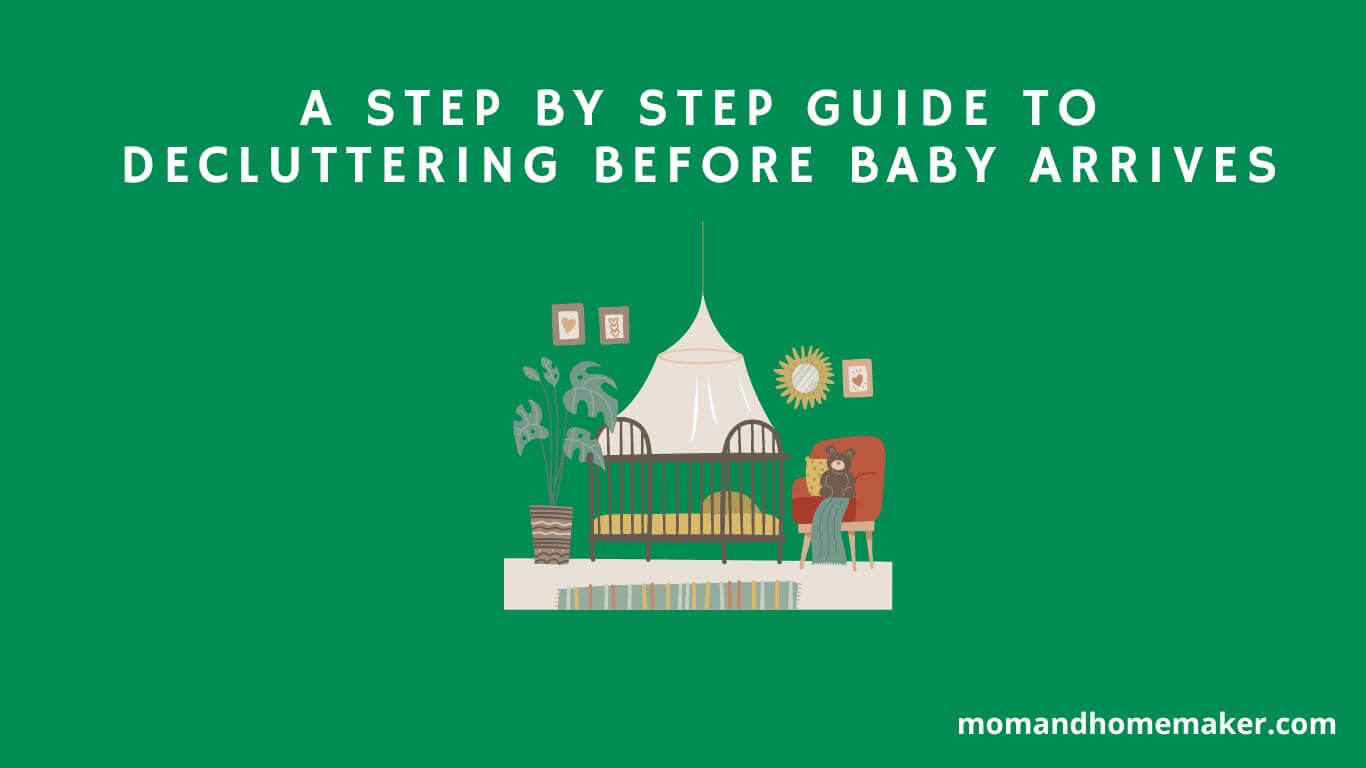If you’ve ever felt unsure about being a mom, you’re not alone. It’s normal to have complex emotions about motherhood. By recognizing and discussing these feelings with trusted individuals, you can start to understand your needs better.
It’s essential to address these emotions carefully and seek support. But what can you do next? Let’s explore practical strategies to help you navigate this situation thoughtfully and with compassion.
Recognizing Your Feelings
If you’re finding it tough to come to terms with being a mom and feel like you mightn’t want to continue, the first step is acknowledging and understanding your feelings. It’s normal to feel overwhelmed, anxious, or even regretful in this situation.
Recognizing these emotions is the initial step towards gaining better self-awareness. You might feel guilty for having these thoughts, but it’s important to remind yourself that your feelings are valid and that seeking validation is essential.
Seeking validation doesn’t imply that you’re a bad mom or that you don’t care for your children. It simply means that you’re human and that being a mom presents challenges that can be hard to navigate.
Talking to a trusted friend, partner, or therapist can assist you in validating your feelings and gaining a fresh perspective. By expressing your emotions, you give yourself the opportunity to process them and find clarity.
Seeking Support From Loved Ones
When you feel overwhelmed or unsure about being a mom, reaching out to your loved ones for support can truly make a difference in how you handle these emotions. Your loved ones genuinely care about you and want to see you thrive as a mother, so don’t hesitate to lean on them during tough times. Here are ways they can support you:
| Support Type | How They Can Help | Importance |
|---|---|---|
| Setting Boundaries | *Listen without judging, respect your decisions* | Establishing boundaries empowers you and helps you maintain control. |
| Reassurance | *Offer words of encouragement, remind you of your strengths* | Receiving reassurance can boost your confidence and remind you that you’re not alone. |
| Practical Help | *Assist with childcare, household chores* | Practical support eases your burdens, giving you time for self-care and rejuvenation. |
Exploring Counseling Options
Consider exploring counseling options to help you navigate your feelings and decisions when you’re unsure about becoming a mother.
Therapy can provide a safe space for self-reflection and emotional exploration. Counseling goes beyond just talking to someone; it allows you to delve into your emotions, thoughts, and concerns with the guidance of a professional.
Therapy comes in various forms, such as individual counseling, group therapy, or online counseling. Individual counseling offers personalized support tailored to your specific needs through one-on-one sessions with a therapist.
Group therapy connects you with others facing similar struggles, fostering a sense of community and understanding. Online counseling provides convenience and accessibility, enabling you to seek help from the comfort of your home.
Engaging in counseling can help you explore the root causes of your feelings about motherhood. Through guided discussions and therapeutic techniques, you can gain insights into your desires, fears, and uncertainties.
This emotional exploration can lead to a better understanding of yourself and your needs, empowering you to make informed decisions about your journey as a mother. Remember, seeking help is a courageous step towards self-discovery and well-being.
Evaluating Your Mental Health
Assessing your mental health is crucial when considering motherhood. It can provide valuable insights into your readiness and support your decision-making process. Here are some key points to consider:
- Therapy Options: Seeking therapy can help manage feelings of uncertainty or stress. A therapist can assist in navigating emotions, identifying triggers, and developing coping mechanisms tailored to your needs.
- Coping Mechanisms: Finding healthy coping strategies is essential for mental stability. Engaging in activities that bring joy, practicing mindfulness, or journaling thoughts can help manage overwhelming emotions.
- Self-Care Practices: Prioritizing self-care is vital for overall well-being. Activities like exercise, meditation, or spending time in nature can nurture your mind, body, and soul. Utilize mental health resources and create a self-care routine that supports your emotional health.
Prioritizing Self-Care Practices
To improve your well-being and emotional health, it’s important to make self-care a priority. Self-care routines help maintain balance in your life.
Start each day with a moment of mindfulness, whether through meditation, deep breathing, or simply enjoying a quiet moment with a cup of tea. These practices can help center you and set a positive tone for the day ahead.
Establishing healthy boundaries is essential for your mental and emotional well-being. Learning to say no when necessary and communicating your needs to others is crucial. Taking time for yourself isn’t selfish; it’s essential for you to show up fully for your family and responsibilities.
Discover activities that bring you joy and incorporate them into your routine regularly. Whether it’s reading a book, taking a walk, or engaging in a hobby, make time for things that bring you happiness.
Remember, self-care isn’t a luxury; it’s a necessity. By prioritizing self-care practices, you’ll be better equipped to handle the challenges of motherhood and life in general.
Setting Boundaries With Responsibilities
Setting boundaries with your responsibilities is crucial for maintaining a healthy balance in your life. Prioritizing self-care and finding a balance between your duties is key to effectively caring for your family. Here are some practical tips to help you establish boundaries with your responsibilities:
- Prioritize Your Well-being: Taking care of yourself is essential for being able to support your family. Make time for activities that recharge you, like reading, walking, or practicing mindfulness.
- Delegate Tasks: Don’t feel like you have to do everything on your own. Share responsibilities with other family members or seek assistance from friends or professionals. Delegating tasks can ease your burden and prevent burnout.
- Learn to Say No: It’s okay to decline additional responsibilities when you feel overwhelmed. Saying no is a way to protect your mental and emotional well-being. Prioritize tasks based on importance and feel empowered to say no to things that can wait or aren’t essential.
Reflecting on Personal Goals
Reflect on your personal goals and aspirations to ensure they align with what you truly value and desire. Setting goals is essential in guiding your decisions, especially when facing the challenging situation of not wanting to be a mom anymore. Self-reflection helps you understand what truly matters to you, leading to choices that resonate with your authentic self.
Prioritize self-care: Make time for self-care activities like reading, exercising, or meditating to nurture your well-being.
Pursue personal growth: Enroll in a course or workshop to develop new skills or hobbies that bring you joy and fulfillment.
Cultivate supportive relationships: Connect with friends or join support groups to share your feelings and seek guidance from those who understand your journey.
Explore career options: Research different career paths or consider part-time opportunities that align with your interests and passions.
Volunteer for a cause: Dedicate time to volunteer for organizations that support causes you’re passionate about, contributing to something meaningful while exploring new avenues for personal fulfillment.
Considering Alternative Parenting Arrangements
Considering alternative parenting arrangements offers a variety of options to explore if you’re feeling unsure about continuing as a mother. It’s important to carefully assess these choices to determine the best solution for both you and your child.
- Co-parenting Dynamics: By exploring co-parenting dynamics, you can establish a supportive environment for your child while sharing parental responsibilities with another individual. This arrangement can provide emotional stability and a sense of community for you and your child.
- Legal Considerations: Before finalizing any alternative parenting arrangement, it’s crucial to understand the legal implications involved. Seeking advice from a legal professional can help you navigate custody agreements, financial responsibilities, and other legal aspects to ensure the arrangement is properly formalized.
- Child’s Well-being: Your child’s well-being should be the top priority throughout this process. Consider how alternative parenting arrangements may affect your child and aim to create a nurturing and stable environment that fosters their growth and development.
Exploring Career and Personal Development
If you’re feeling unsure about your role as a mother and considering new paths, now is a great time to focus on exploring your career and personal development. It’s important to prioritize your own growth and well-being while also fulfilling your responsibilities.
Start by looking into opportunities for career advancement that match your interests and skills. Consider taking courses or workshops to improve your skills and open up new professional doors.
Networking within your desired field can also help you make valuable connections and discover potential job opportunities. Investing in your career growth not only boosts your financial stability but also brings a sense of personal accomplishment and satisfaction.
In addition, personal growth is key during this period of self-discovery. Take the time to explore your hobbies, interests, and values. Engage in activities that bring you happiness and help you connect with your true self. This journey of self-discovery can lead to a deeper understanding of your goals and priorities.
Making Informed Decisions
When making important decisions about whether to continue with motherhood, it’s vital to gather relevant information and carefully weigh your options. Considering various aspects that can impact your emotional well-being and decision-making process is crucial. Here are some key points to consider:
- Seeking Support: Reach out to friends, family, or support groups for guidance and a listening ear during this challenging time. Talking to others can provide different perspectives and help you feel less isolated in your decision-making journey.
- Consulting Professionals: Consider scheduling appointments with therapists, counselors, or healthcare providers specializing in mental health and family dynamics. These professionals can offer valuable insights and support as you navigate your feelings and options.
- Reflecting on Values: Take time to ponder your personal values, goals, and aspirations. Understanding what truly matters to you can guide you in making decisions that align with your authentic self and promote your overall well-being.
Conclusion
If you’re at a point where being a mom no longer feels right for you, know that many others have been in your shoes.
Just like a ship navigating rough seas, it’s crucial to seek support, understand your emotions, and prioritize your well-being.
Take the time to think about your goals and explore different paths so you can make informed decisions for yourself and your future.
Remember, you deserve to live a life that truly reflects who you are.








